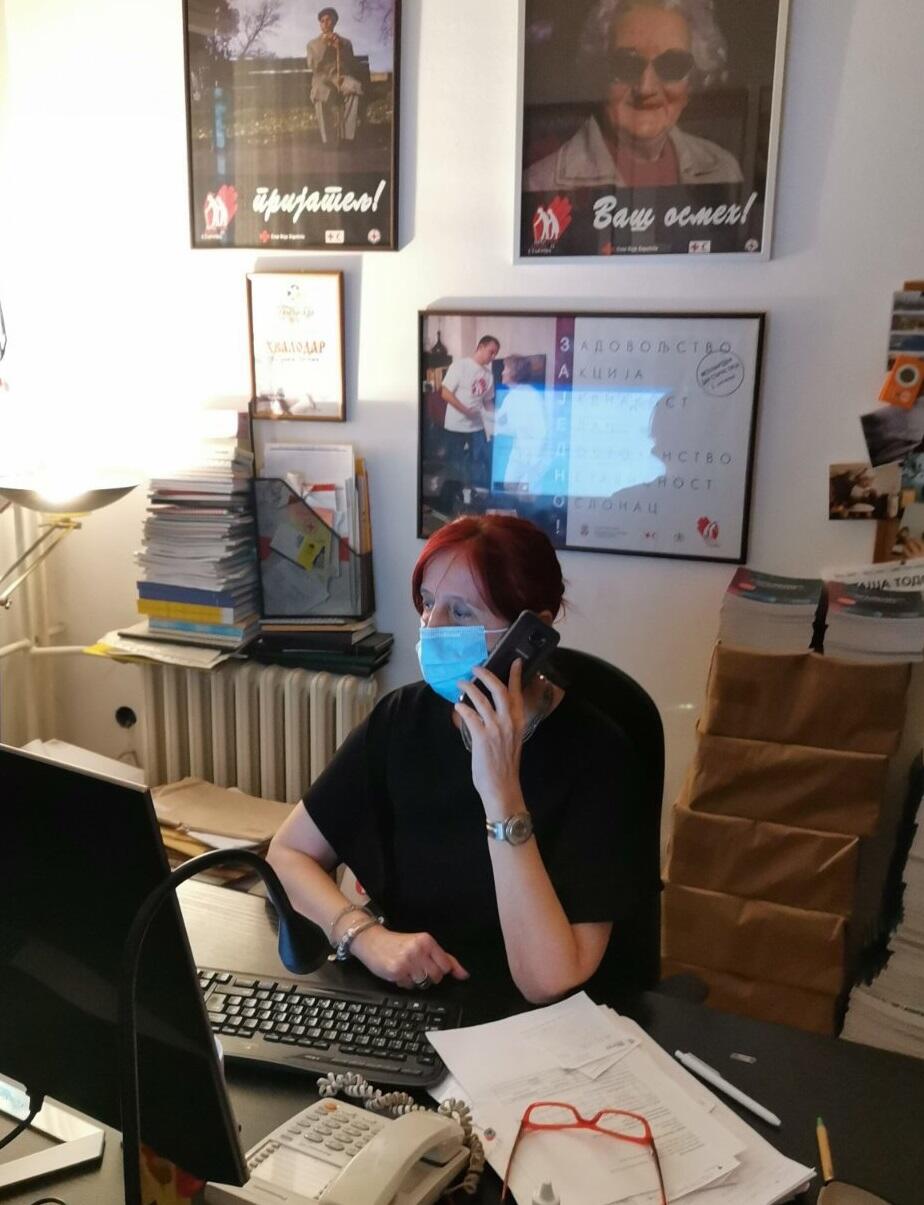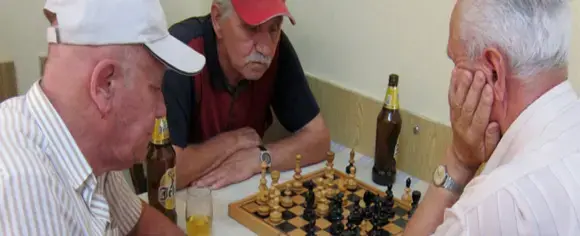"So many years I’ve lived in this village, I have lost count myself. I’ve lived in poverty, alone, forgotten by my relatives, friends, the whole world. It feels like I’ve spent 80 years in this decaying house in the middle of nowhere. For as long as I could I worked to put food on my table, I worked and kept quiet, only talked if I was talked to. All my life I’ve been sitting in the back row, first listening to my father, then listening to my husband, getting out of bed first, going to sleep last. And that’s how my life went, in suffering. Husband used to hit me sometimes, he used to yell at me but I kept quiet and swallowed it all. I guess I’m to blame, maybe someone would ask me why I never reported it, never talked to anyone. But who can I talk to about this? Who can I complain to? I’d die of shame.
And so my life went by, now I am weak, can’t work any more, I go to soup kitchen to get food. I take my food, say thanks and go back to my solitude between the four walls of my confinement. I feel like I am alone at the edge of the world, crossed out and forgotten. And now this virus has come and us older people can’t even go out of our houses any more. How will I survive? I can’t go out, I have nothing to eat. Life keeps dealing me bad cards, as soon as I think it can’t get any worse, something worse comes knocking. Like this invisible threat that you can’t tell where it comes from. I’m afraid for my health and for my life and there is no one to talk to.
So, sitting alone in my fear, I hear a knock on the door. I ask who is it as it’s not an everyday occurrence at the best of times that someone comes for a visit. I open the door and there is a young woman there, smiling under her mask, handing me a food parcel from the Red Cross soup kitchen. Oh, good, someone did remember me, someone in these troubled times knows I exist. She is asking me how I’m doing, do I need anything else, what do I need to bring her tomorrow. She will be coming tomorrow? That means, what does that mean? That I won’t be alone any more? That someone cares about me, keeps asking me if I’m well?
So, for the past six weeks she’s been bringing me my meals, standing in my door, smiling. We keep our physical distance but our emotional proximity has grown enormously. I talk to her, about my life and troubles, about my fears, about my abusive husband, my lost child, my difficult life spent in silence and I am not ashamed. In this time of shutdown and distance she managed to reach out and touch me, not with her hands, but with her warm gaze. She understands me, she gives me support. For the first time in my life I understand what solidarity means. For the first time in my life I understand what support stands for. For the first time in my life I have my dignity."
This story was told to Natasa Todorovic, psychologist and a call worker at the Red Cross of Serbia working on the help lines supported by UNFPA in Serbia.
As a response to COVID19 pandemics and 24 hour lock-downs imposed to persons over 65, in April UNFPA started supporting info lines to provide older people across the country with psychosocial support, medical, legal advice and other types of assistance they need. Through these calls older people not only receive support and a sympathetic ear, but it also helps map and address system gaps to improve institutional response.
Since April, help lines received over 330 calls across the country and continue to do so.
“Even though 24 hour lockdowns in Serbia have been lifted, older people are still calling in for different kinds of support. This is why we still left the lines open three times a week- so that older people across the country can get solid information, support and services they need “, says Nevena Sovic from UNFPA in Serbia.




